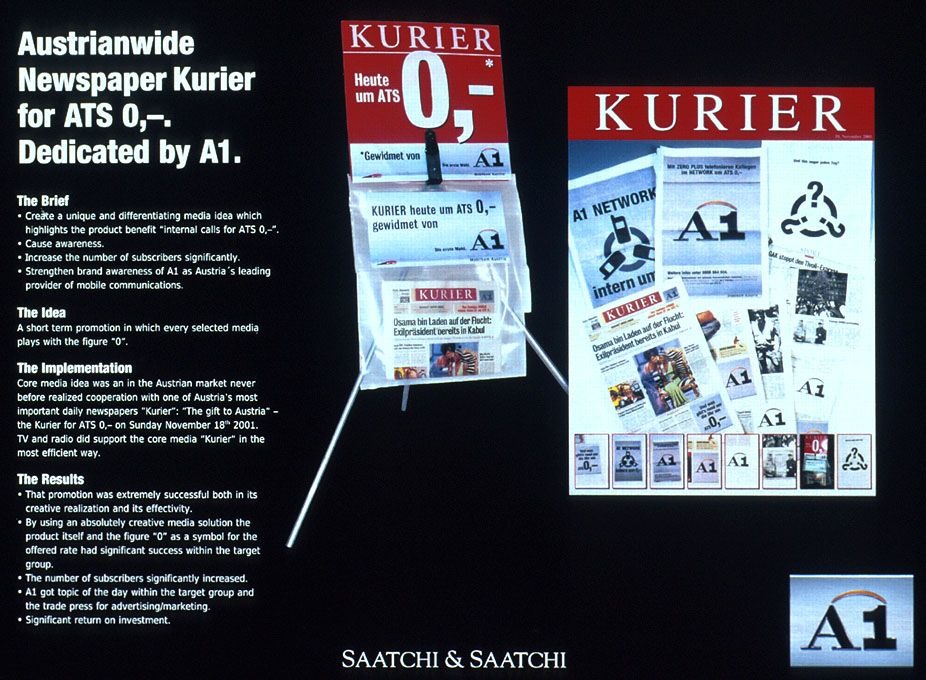Cannes Lions
Forced Labor Plug-in
TAXI, Vancouver / HUMAN RIGHTS FOUNDATION / 2023



Overview
Entries
Credits
OVERVIEW
Background
Since 2020, over a million Uyghur Muslims have been systemically removed from their homes and placed in forced labor camps in Xinjiang – for no other reason than their ethnicity and religion. It’s estimated that 1 in 5 of the world’s cotton items are linked to these camps, meaning there’s a strong chance you’re supporting the problem with every purchase you make. But while you might not know you’re complicit in the detainment, violence, and erasure of an entire heritage and people, the fashion industry is all-too aware. And they’re hiding their involvement to keep shoppers in the dark and protect their bottom line.
As part of the Coalition to End Forced Labour in the Uyghur Region, the Human Rights Foundation (HRF) need to make it easier for shoppers to know when they’re buying from an implicated brand, so that they could instead spend their money with safe brands.
Idea
The Human Rights Foundation knew that to stop online shoppers buying from brands with ties to Uyghur forced labor meant removing the guesswork and making the experience simple. We saw an opportunity to highlight the issue, right at point of purchase. So the Human Rights Foundation launched the ‘Uyghur Forced Labor Checker’. A Chrome extension that empowered shoppers to understand where their money was going, and enabled them to make better choices (by redirecting them to brands with no ties to forced labor) and force more brands to put people before profit.
Strategy
Our strategy was twofold. First, our research showed that one of the most impactful ways to combat the use of forced labor was to encourage boycotts and divestment of funds. If brands (and the governments involved) were sent a clear message that their involvement would harm their profits, they would be more inclined to stop its use.
Second, we knew that shoppers ultimately want to be able to shop with a clean conscience, but complex supply chains were making it easier for brands to hide their involvement, so that people didn’t realize where their money was really going. So, we removed the mystery, uncovered the truth about each brand’s involvement, and ultimately made it easy and instantaneous for shoppers to see whether their purchases were indirectly funding forced labor.
Execution
The extension pulls code in real-time from a database of offending brands provided by the Coalition to End Uyghur Forced Labor. When someone lands on a site with the active plug-in, they’re given the choice to say ‘no’ to forced labor and are instead redirected to the HRF website to learn more, take further action, and find safe brands to buy from.
The plug-in had a soft launch in December 2021 to test a beta version, but the fully functional plug-in went live in 2022. The extension is still available on the Google Chrome Store, with organic social, a microsite, and out-of-home Times Square supporting throughout the in-market period.
Outcome
Now, the Uyghur Forced Labor Checker is redirecting sales on over 160 major global fashion brand websites in eight countries – including Canada, the USA, Germany, and Australia. Best of all, because of the Uyghur Forced Labor Checker, the HRF has confirmed that one global fashion retailer has committed to join the list of good brands in removing Uyghur forced labor from their supply chain for good.
Similar Campaigns
9 items



